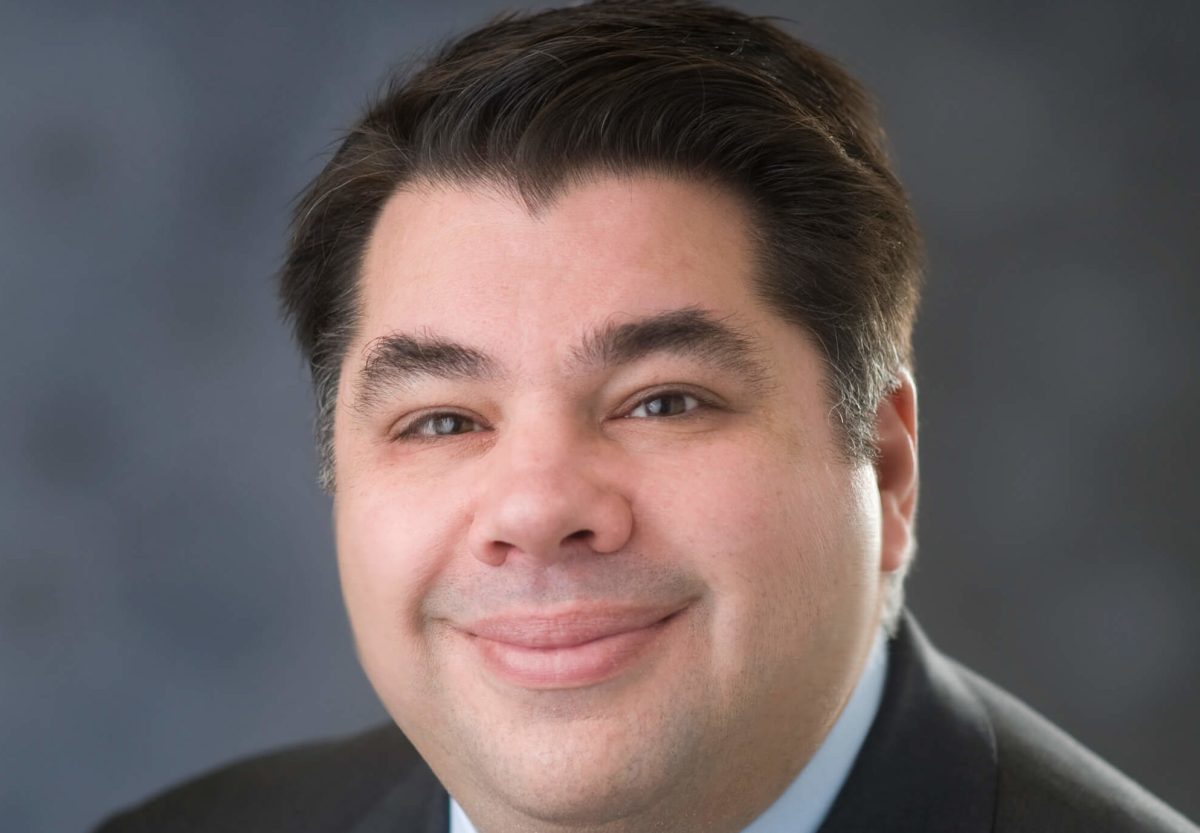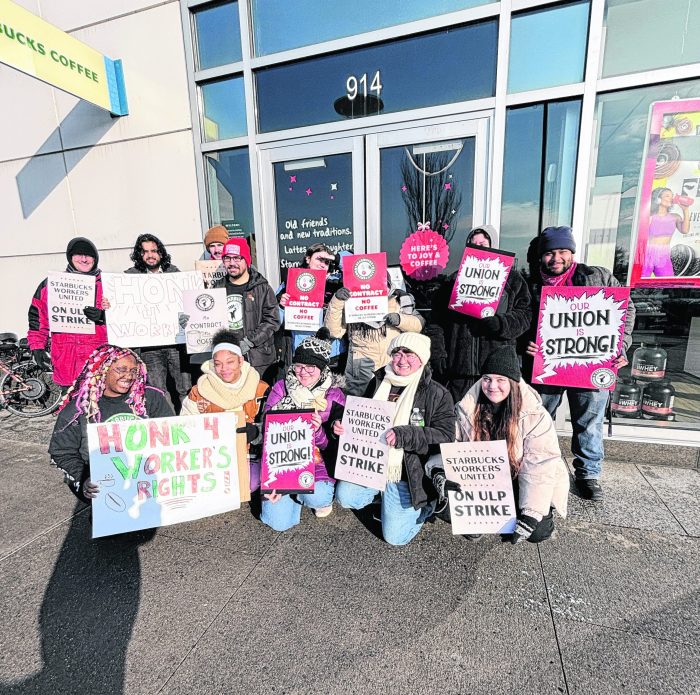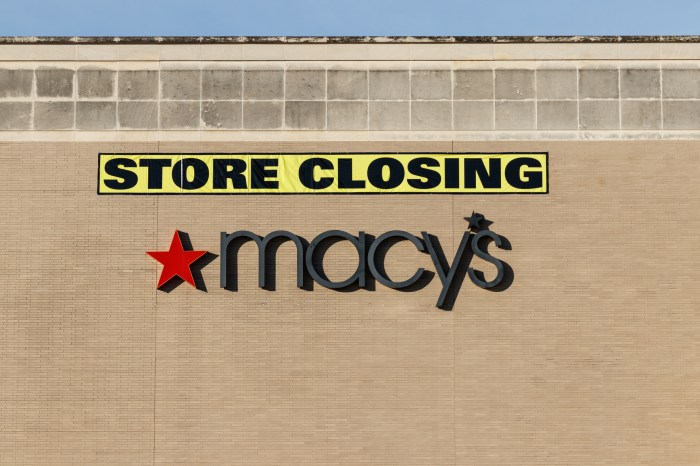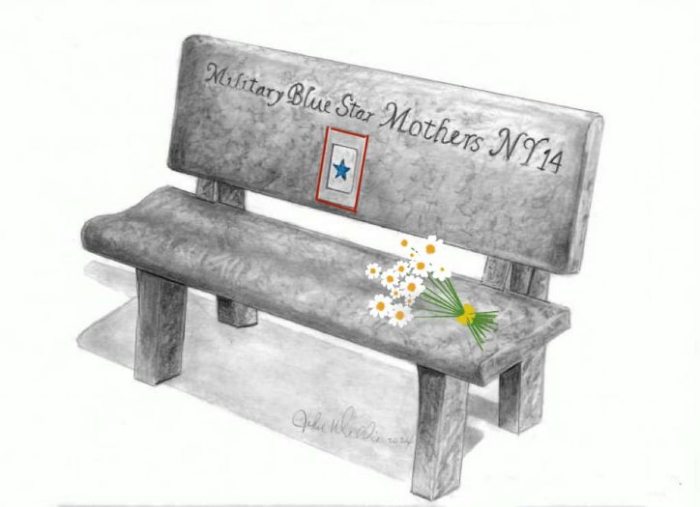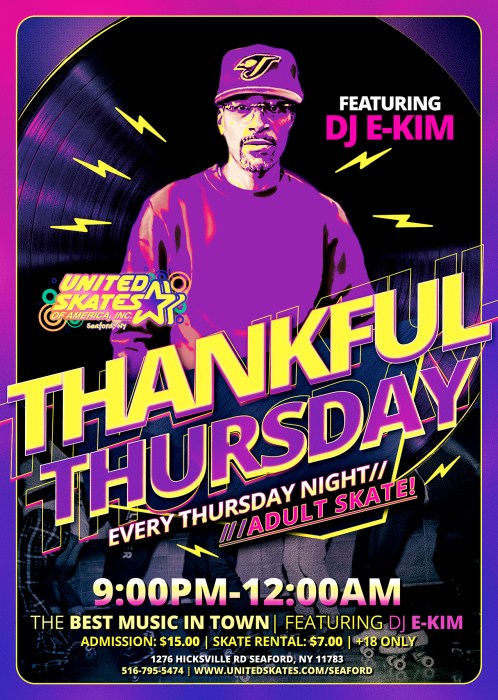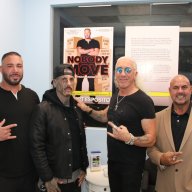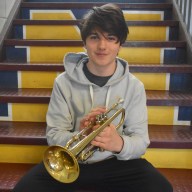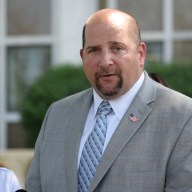George Tsunis has cut through what he sees as political patronage jobs at Nassau University Medical Center, where is now board chairman, with a buzz saw. He has cut other fat out of the hospital’s budget and is seeking a new direction for the county’s only hospital. Tsunis is a hotelier, political fundraiser, and an attorney. He lives on the North Shore of Nassau County with his wife and two children.
The job you took Feb. 1, 2018 has a lot of challenges. Why did you accept it? I think every person in Nassau County is entitled to medical care despite their circumstances. There’s a need on Long Island to make sure we have behavioral and addictive services. I feel obligated to see to it that NUMC is a big part of that.
How have you found the job so far? I don’t come from the medical world. I took this job to clean out what I found to be the biggest political patronage pit I have ever seen. There is no place for patronage or cronyism at the hospital. We terminated about 115 patronage position and we were able to hire about 30 clinical social workers.
Could you comment on a recent audit by the accounting firm Grant Thornton that found significant operating losses and raised “substantial doubt” about the hospital’s ability to continue as a going concern? The situation at the hospital is serious. A significant number of the patients we serve are Medicare or Medicaid patients.A number are also undocumented, with no insurance at all. We are making nothing from them. But that is part of our mission. We are not supposed to make money. The problem is state aid programs are due to sunset. I do not believe they will. I have worked very hard to see that they will be extended. But they have not as yet been.
But this hospital can’t disappear, can it? I think if the hospital had continued on the old ways, there is a greater likelihood it would have.
Can you comment on the $46.6 million operating loss Grant Thornton found? There have been operating losses at this hospital since the beginning of time. We had litigation costs that went back years and years that partly accounted for the loss. Prior management was kicking the can down the road. We needed to make these payments. We also cut $30 million in fat out of our budget. But we still have a long way to go.
About three months ago, you brought in the giant Northwell Health to assist NUMC. What role will Northwell play? They are working on helping us create a management infrastructure. They are tasked to provide a long-term strategic plan. They have an employee-lease plan where their professionals are leased to NUMC to bring in more competence and help with growth.
How are you responding to the state Department of Civil Service, which says the public benefit company that runs NUMC owes the state more than $93 million in health care premiums for its employees? I have been in negotiations over that. We have an agreement in principle. It’s not signed yet. I have 3,500 CSEA [Civil Service Employees Association] employees who are counting on health insurance. I am committed to that.
Have you put a stop to what you considered inappropriate travel, such as the $113,000 Caribbean trip taken by some executives? Completely. I found it completely inappropriate that senior executives went to the Caribbean. I recently sent a team to Montreal for a meeting. I had them fly there in the morning and return in the afternoon. They had the meeting at the airport. I told them they had a choice: They could have a Big Mac or a whopper.
What do you see as your biggest challenge? There are many. There are the antiquated rules of civil service that take us back to the ’50s and ’60s. We need to modernize. We need civil service to enter the 21st century.
How long do you think you will be in this job? I will stay until I feel we have turned the corner and the hospital is running with competency. We need to change from a sickness model to a wellness-sickness model. We have to educate the community we serve before they get sick. They don’t always have access to medical care. We need to raise the vitality of the neighborhoods we serve. We need to make them healthier.



